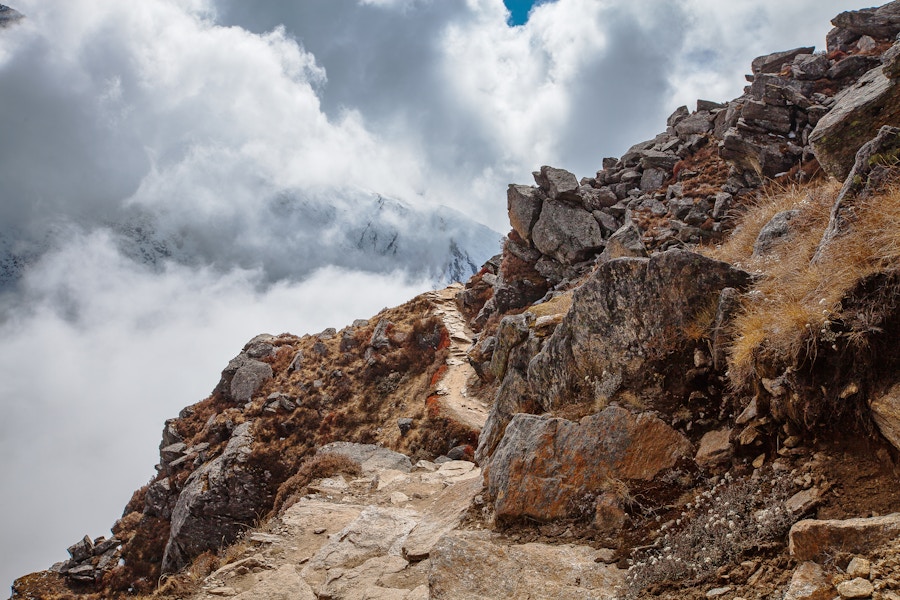Small gate. Narrow road. Yet by traveling a road that at first glance is so uninviting, so bumpy, so pock-marked, Jesus teaches that we enter into life. Who would have thought? Similar to Jesus’ story of the messianic banquet, Jesus’ teaching again seems inverted, upside down. Jesus purposely stands us on our heads.
Why is this “gate” so small and the road to which it opens so “narrow”? Why do “only a few find it”? How does one enter through this gate and learn to walk on this road? Or, to turn to our more modern metaphor, how do we learn to drive on it? Will road maps be provided?
As we drive on to the on-ramp, things seem perilous, confined, restricted. Though we had been warned, the road is much narrower than we had expected. Rarely do we spot fellow travelers on the road, though there is no scarcity of entrance ramps. Potholes impede our progress. Red lights irritatingly slow traffic. We are surprised by how many police cars patrol around us. Yet they rarely pull anyone over. Instead, they seem to be there to protect travelers from unseen dangers. Progress toward our destination is slow, arduous, indeed, tedious, and made no easier by the constant low clouds and fog. Yet we sense that despite the slow pace of our travel and the unexpected speed bumps, we are heading toward home. The GPS on our dash board remains true. It never varies.
Of course, Jesus’ first-century contemporaries would not have imagined their travels in the same way as we. But those listening to Jesus’ sermon surely understood the difference between a broad road and a narrow one, between a wide gate and a narrow one. Roman roads were well-paved and well-patrolled, often built by Roman legionaries. These roads were the safest and surest way to reach one’s destination and were travelled by many. They were surely the route of choice.
The narrower roads of Judea were a much tougher affair to navigate and travel. Thieves and murderers roamed the Judean byways and lay in wait for the unwary or unprotected pilgrim. The Psalms are filled with references to the dangers threatening those who strayed beyond the confines of their village or were forced to travel in unprotected territory. The murderer “lies in wait near the villages; from ambush he murders the innocent, watching in secret for his victims. He lies in wait like a lion in cover, he lies in wait to catch the helpless; he catches the helpless and drags them off in his net” (Ps. 9:8 – 9).
Still, despite the inherent dangers of the journey, Jesus exhorts his audience to avoid the safer, well-protected, well-travelled way. Instead, he offers them a gate that is small and a road that is narrow (Matt. 7:14). If we take this less-traveled road, we will likely be misunderstood and at times mocked. Things will get scary from time to time. Constant vigilance will be required. People traveling the broader road will likely view us as foolish, impractical, naïve, misguided, wrongheaded; the list of possible negatives seems endless.
“Keep us going, Lord. The easy road is, well, so much easier. Yet you have promised us that the destination that awaits us will take our breath away, and that there will be plenty of joy to be experienced along the way. Keep us on course, Lord. Keep me on course, Lord, especially when the road gets bumpy. For your mercy is great.”
Text First Published April 2016 · Last Featured on Renovare.org June 2021


